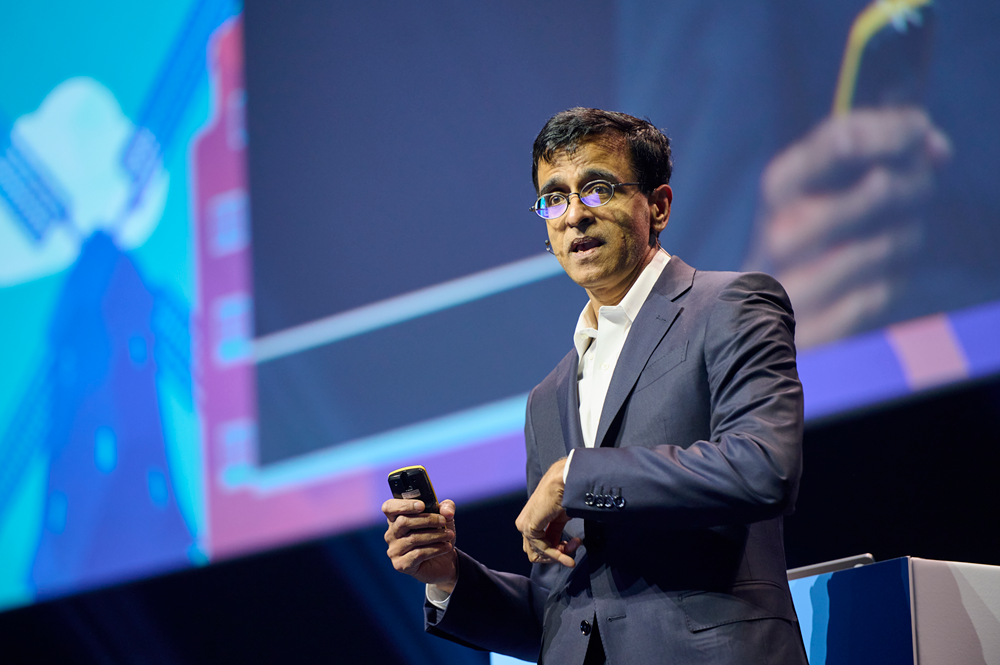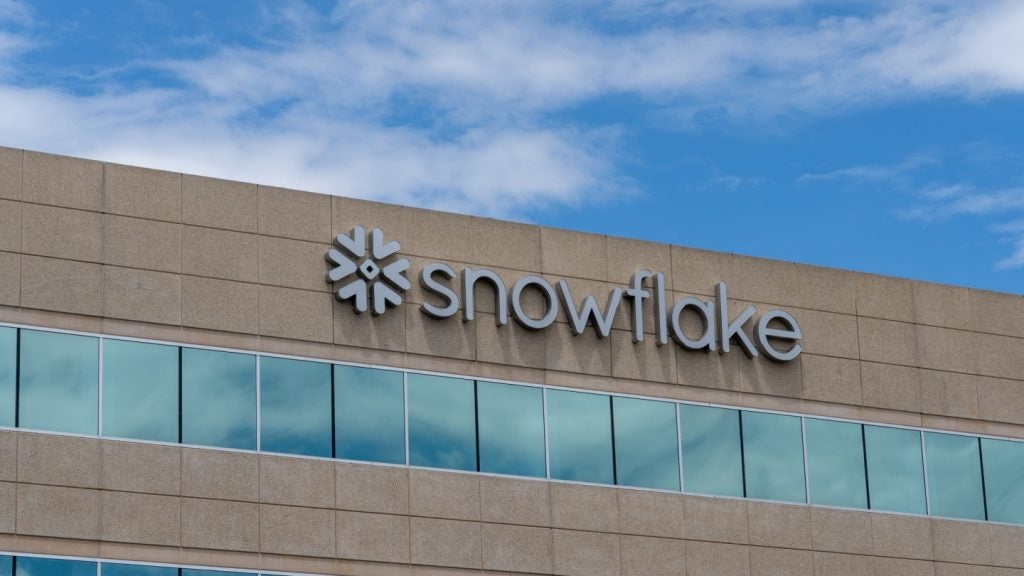
Founded in 2019, Neeva was intent on disrupting the world of search in a David and Goliath battle with Google. The founding principle for creating Neeva was a sense of disillusionment with the limitations of the ad-supported search model. Neeva’s subscription-based search service launched in the US in 2021 and the UK, France, and Germany in 2022.
While Neeva built a highly functional and competitive search engine, the Silicon Valley based startup failed to attract enough users. And in May 2023, news broke that the four-year-old company was bowing out of the search business. But not quite.
In fact, what unfolded was a strategic acquisition by US cloud platform, Snowflake. It was a partnership designed to marry Neeva’s search functionality with Snowflake’s data platform to “make search even more intelligent at scale,” according to Snowflake.
It was also a perfectly timed pivot for Neeva which coincided with a Pandora’s Box moment for AI development. Generative AI had entered public consciousness in November 2022, with the launch of OpenAI’s ChatGPT. At the time of Neeva’s founding in 2019, GenAI and powerful large language models (LLMs) were “not quite a thing,” says Neeva co-founder Sridhar Ramaswamy.
Ramaswamy had spent most of his career working around search products. He led Google’s $115bn advertising division before leaving in 2018 to become a partner at venture capitalist firm Greylock Partners.
But the advent of widespread GenAI presented a new opportunity. In January 2023, Neeva jumped on the opportunity to integrate GenAI functions into its search engine. “Along the way, as often happens to startups, we realised that generative AI was going to be transformational from a specific perspective for search,” says Ramaswamy.
How well do you really know your competitors?
Access the most comprehensive Company Profiles on the market, powered by GlobalData. Save hours of research. Gain competitive edge.

Thank you!
Your download email will arrive shortly
Not ready to buy yet? Download a free sample
We are confident about the unique quality of our Company Profiles. However, we want you to make the most beneficial decision for your business, so we offer a free sample that you can download by submitting the below form
By GlobalDataSearch functionality enables LLMs to understand the contents of web pages, understand complicated user queries, and be able to provide succinct answers rather than just links, explains Ramaswamy.
Neeva had already built a search engine “from scratch from the ground up” but the real “ah ha moment” was realising the potential of LLMs and what they could do. “I still think that they are semi magical things, being able to look at a 1500-word blog, being able to summarise it quite accurately in three to four sentences within a 500th of milliseconds. That is truly magical,” says Ramaswamy.
And Snowflakes’ subsequent acquisition of Neeva refocused the newly acquired startup’s attention on the enterprise market.
Rapid AI development has since seen the specialised AI market elicit forecasts that look set to reach $505m by 2030, according to research company GlobalData. This represents a compound annual growth rate of 41.6% from 2019, vindicating Neeva’s business pivot towards GenAI. The enterprise market, in particular, is a growth area which will serve as fertile ground for the greater efficiencies and increased productivity that GenAI can facilitate.
How to launch a successful startup
Some of the biggest challenges Ramasway and his team faced were issues of trust around the accuracy of GenAI, something which is crucial in the enterprise market.
LLMs are notoriously susceptible hallucinations which Ramaswamy describes as “a nice way of saying, they just make up stuff.” Also important is the real-time functionality which the Neeva enterprise model offers by crawling the web in real-time.
Ramaswamy and his team set a very high bar for themselves – with trust as the central principle. “Every sentence that is written by the language model needs to point to one or more sources that it got that information from,” he explains how the problem of hallucinations was approached.
“It’s really important for the provider of an answer to say, here’s where I got the answer from. So referenced under real-time, believable, real-time AI was a big thing for us,” says Ramaswamy.
For context, ChatGPT does still not provide real-time answers and does not reference its answers. A real-time function means that, “if news breaks, we wanted AI to capture that,” says Ramaswamy. But perhaps more pertinent is the trust issue. “It’s really this lack of reference ability, this lack of citations that makes things so problematic.”
The team’s core insight was combining data retrieval, along with a LLM to provide believable answers. This is how Neeva, now Snowflake, serves the enterprise – all at the fraction of the cost of consumer focused companies such as ChatGPT, according to Ramaswamy.
Snowflake’s search engine retrieves the best results for a query. And then uses the content of those results to set context for a language model. The LLM is forced to answer questions only within the context that is provided, not on its pre-training on any data. This method unlocks a technique is called Retrieval Augmented Generation (RAG), which Ramaswamy describes essentially as “constrained generation within a belief framework.”
In this way, the newly acquired Neeva, will make AI accessible to all Snowflake customers in a variety of ways. It can be something as simple as providing a data analysis co-pilot to suggest which queries to run. Or integrating language models and retrieval deep into the platform for communication for functions such as language to interrogate data in the form of a table.
“Let’s say your table has customer feedback and help text, then you will be able to create a chatbot with this content in a matter of minutes,” explains Ramaswamy. The next logical step is being able to converse with data in a table using natural language with summarised answers based on that content.
An industry in flux
On the wider industry outlook, Ramaswamy says that a question remains about whether GenAI search will be developed heavily by existing players or a raft of newcomers. “Some of these questions are a little unanswerable. But I think there is there is real value to be created here,” says Ramaswamy, adding: “At Snowflake, we feel very good about where we are in our ability to bring value using AI. And these all go towards our foundational mission of making enterprise data accessible to more of the enterprise.”






